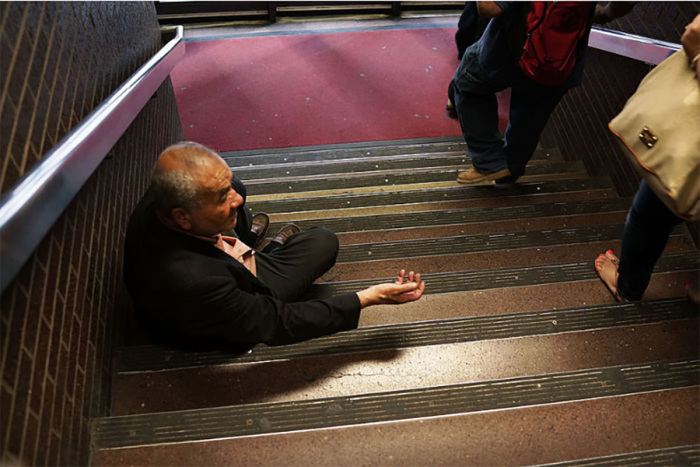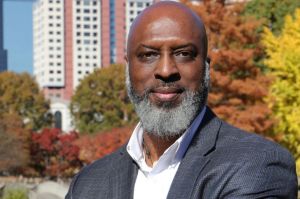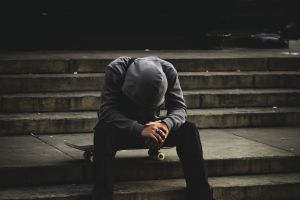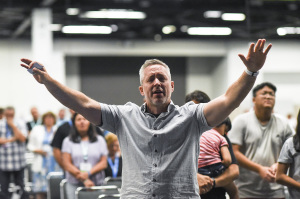Older Latinos in New York facing struggles with poverty, isolation

In New York City, older adults of Latin American origin face significant challenges related to poverty and loneliness.
Despite years of work and contributions to society, many are forced to continue working in their old age due to insufficient pensions and lack of access to a decent retirement, according to a recent report in the newspaper El País.
One example is Guadalupe "Cholo" González, a South Bronx resident who, at 71, keeps her record store open to supplement her pension and cover medical expenses related to her bone cancer. "I've been collecting Social Security for 14 years; it's not much. I have to keep working," González said.
The situation is even more precarious for those without U.S. citizenship. Óscar, a 68-year-old Mexican, makes a living playing guitar and harmonica in subway cars. He came to the United States 18 years ago, fleeing violence in his native country. "If I don't play, I don't have anything to eat," says Óscar, who preferred not to reveal his last name for security reasons.
According to New York City data, of the 1.77 million people over the age of 60, 23% are Hispanic. This group has a poverty rate of 23.5%, the highest among all older adult groups in the city, according to the Center for Urban Future. Additionally, only 23.3% of Latinos have a college degree or higher, compared to 46.1% of non-Hispanic whites, limiting their employment and income opportunities.
Lack of access to adequate medical care and age discrimination in the labor market exacerbate the situation for older Latinos. Many face language and cultural barriers that hinder access to essential services, contributing to feelings of isolation and depression.
Community initiatives seek to mitigate these challenges. In Jackson Heights, Voces Latinas organizes craft groups where older adults can socialize and combat loneliness. These activities not only provide a recreational space, but also a support network crucial to their emotional well-being.
Oscar's story reflects the desire of many to return to their home country, but economic and family circumstances often prevent this. "I don't live here, I survive here," he said, highlighting the daily struggle to maintain a decent quality of life in one of the most expensive cities in the world.
This article was originally published at CP Español





























